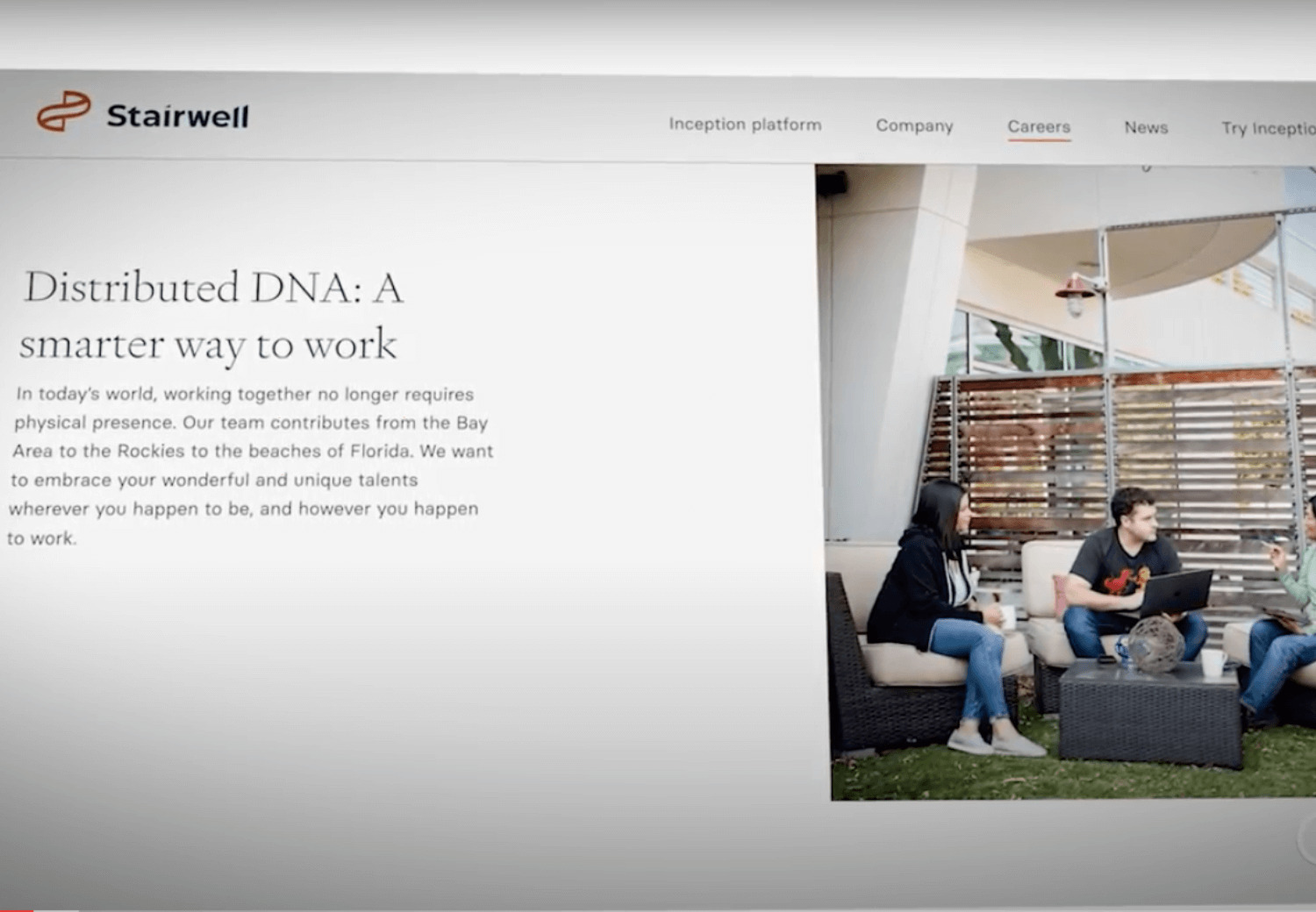Summary:
An important key to leading a diverse workforce is to lead with empathy. In this clip, Jan shares how an experience with a young intern helped her gain a new perspective.
Thuy
I want to move on to diversity. How can a leader effectively handle diverse opinions, styles, or approaches within one team?

Jan Kang
Be empathetic, and have a view as to what it is that is important to that person, where it is that they’re coming from. Also, I feel like there’s so many lessons that I continually learn along the way. My parents were tiger parents, when I applied to college and to law school, it was really like there was a certain set of schools that I applied to, and just hoped and prayed that I would get into. I think none of those schools I could get into today, so I was fortunate.
But I had a bit of a snobbish attitude towards colleges, and it wasn’t until I was part of our program, where there was a group of Bay Area, California lawyers, and legal professionals that were partnering with Southern University Law Center to hire interns at our companies, that I had like this eye-opening experience. I had never frankly heard of Southern University Law Center, where I hired, interviewed and hired an intern there, but the intern just blew my socks off. I’m terrible with metaphors.
But he blew me away, he was so impressive on every level, just his eagerness to learn, his ability to take what he learned and to incorporate it into his life. I mean, a part of this program was to have weekly sessions on a two month period over the summer on skills they don’t teach you in law school, or in work. Like how to have an effective LinkedIn profile and account, how to, like your presentation skills. And he just took everything in, and it made me realize, it doesn’t matter what your pedigree is, you have to look at the person and who they are, and what they bring to the table. So, that’s helped me tremendously.
But I had a bit of a snobbish attitude towards colleges, and it wasn’t until I was part of our program, where there was a group of Bay Area, California lawyers, and legal professionals that were partnering with Southern University Law Center to hire interns at our companies, that I had like this eye-opening experience. I had never frankly heard of Southern University Law Center, where I hired, interviewed and hired an intern there, but the intern just blew my socks off. I’m terrible with metaphors.
But he blew me away, he was so impressive on every level, just his eagerness to learn, his ability to take what he learned and to incorporate it into his life. I mean, a part of this program was to have weekly sessions on a two month period over the summer on skills they don’t teach you in law school, or in work. Like how to have an effective LinkedIn profile and account, how to, like your presentation skills. And he just took everything in, and it made me realize, it doesn’t matter what your pedigree is, you have to look at the person and who they are, and what they bring to the table. So, that’s helped me tremendously.
Thuy
Yeah. And what does having his experience, coming from a university like that, that’s not, in the old ways of thinking, not the same pedigree as an Ivy League, what does that kind of diverse thinking and background that he brought? How did that enhance the company, or the way you as a leader conducted your team?

Jan Kang
I think that the fact that he had a different perspective, I mean, he would look at things, I think, from a different slant, in a different background. He even actually spoke to a group of high school students, as part of the program, and he was able to share his experience. I think the fact that everything was so new to him, because he had come from—he’d grown up in Louisiana, and being in the Bay Area, working in the Alphabet world was completely different. And I think it gave us a fresh perspective on how we were looking at things, and the decisions we made, and how we came about those decisions.
Related Posts

You Can’t Please Everyone
Vy Tran learned a tough lesson as a first-time manager – you can’t please everyone. Having to “drive accountability” while also being a self-described “people pleaser” required Vy to dig deep and re-think how she communicates with her team.

Failing Forward
Failing forward is an essential skill not just at work but in life. For Vy Tran, learning from her mistakes has made her a more effective and influential leader.

